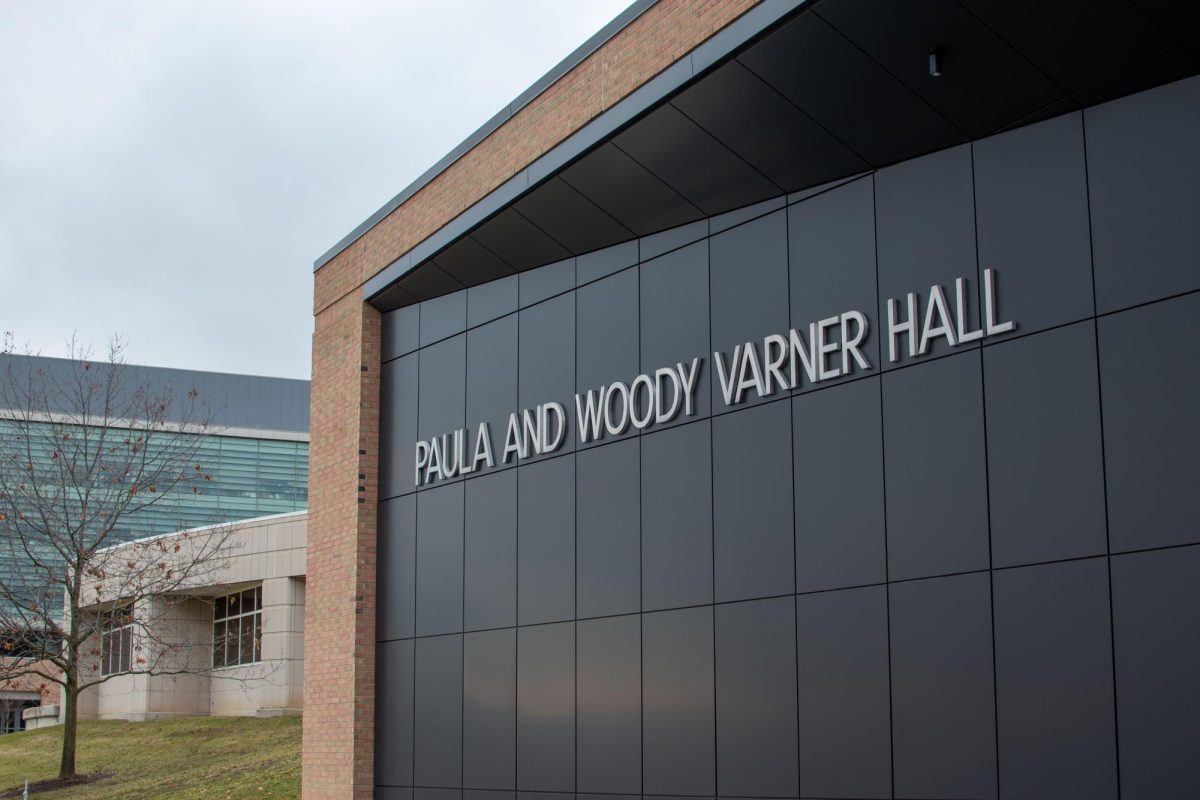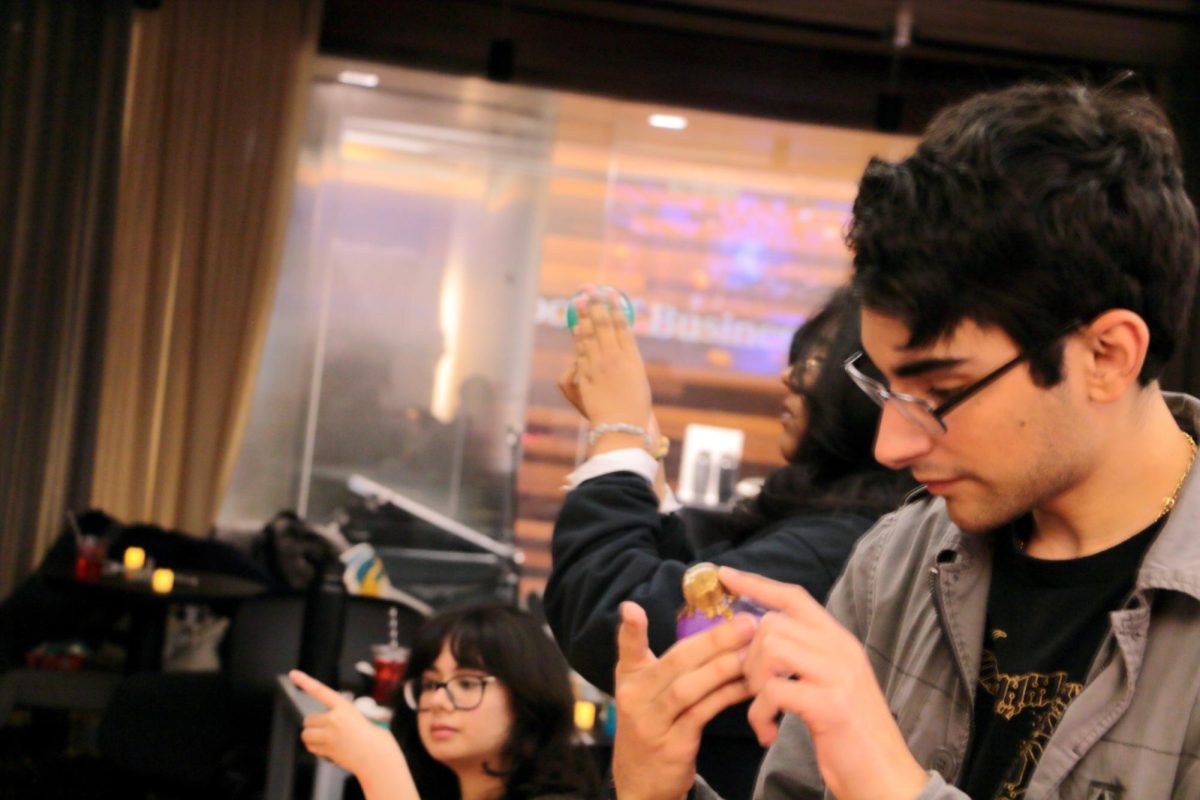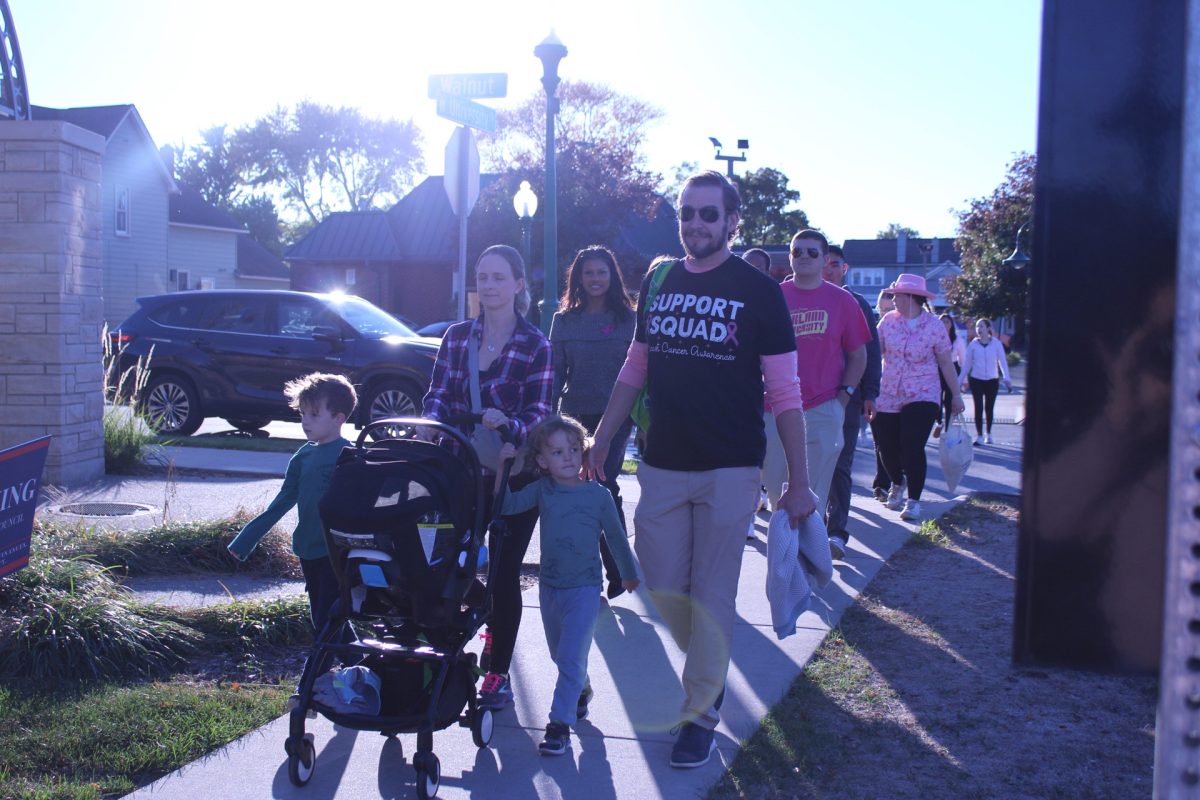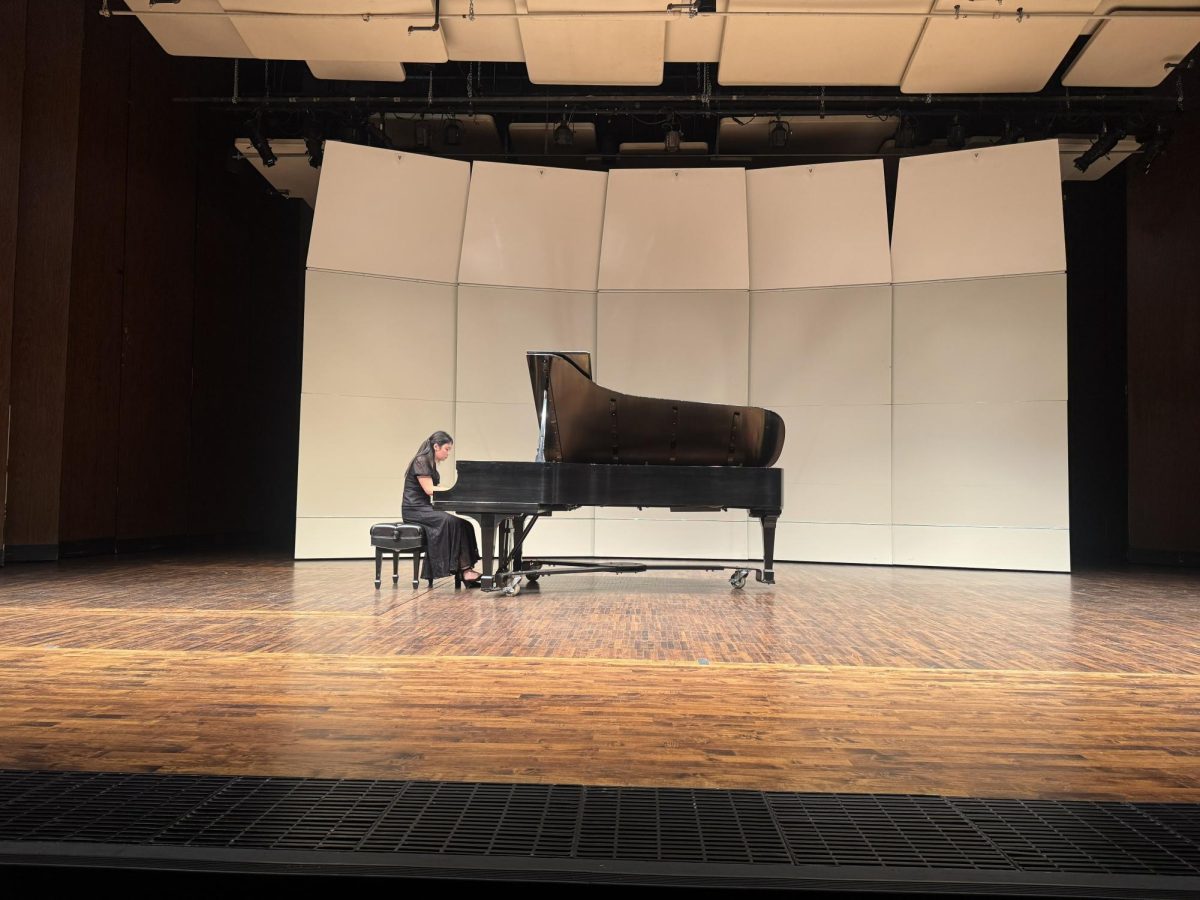Varner Hall, a building dedicated in 1971 to Oakland University’s School of Music, Theatre and Dance (SMTD), has been marred by poor soundproofing since the day the building was first opened after recent renovations.
Dr. Peter Trumbore, the political science department chair, recognized the soundproofing issue immediately. While in his office, he was able to hear conversations from several offices away. The sound of music from the floor below flooded his room.
Trumbore did not realize how pervasive the problem was until his colleagues began reporting similar experiences.
“I had faculty coming to me in late September to report how bad the soundproofing was in their offices. Many of their offices are right above the vocal performance rooms,” Trumbore said. “I’ve had colleagues send me recordings they have made in their offices of the noise.”
Faculty members began tracking how frequently they heard noise from the SMTD classes in their offices throughout the day. Trumbore recorded hearing noise for an average of three to four hours each day.
The lack of soundproofing is not just an annoyance, it is also a privacy concern.
“There’s really nothing that stops the transmission of sound from one office to another. The consequence of that is that faculty can’t have private conversations in their office,” Trumbore said. “I have members of my department who are reluctant to meet with students in their offices to talk about things like grades. And we [faculty] often have students who want to come to us to talk about issues in their personal lives that are private.”
The soundproofing issues also compromise the privacy of the STMD students.
“We can hear the students on lower floors being critiqued by their instructors,” Trumbore said. “It’s a privacy issue and a legal issue. Student privacy is protected under FERPA.”
Trumbore recognizes that the soundproofing issue in Varner Hall is a disservice to all students and faculty. The noise is distracting to students and faculty, not to mention the privacy concerns that arise due to the lack of soundproofing.
Students and staff are not to blame for the noise concerns. Trumbore believes the issue is an institutional problem.
“We don’t blame the [College of Arts and Sciences] Dean’s Office in any way for the problem,” Trumbore said. “The problem is at a higher, more fundamental level. It’s an institutional failure.”
Jennifer Cordon Thor, the grievance officer of the American Association of University Professors (AAUP) OU Chapter, spoke on what the OU administration has communicated to her and the AAUP about the process for potential fixes.
“The faculty invited us [the AAUP] to go on a tour and experience what they had experienced. This was a few weeks ago. It’s my understanding that the university is going to conduct some sound testing, and they’ve set up some committees to work on it,” Cordon Thor said.
That’s the preliminary stage, though. Just when true fixes will take place is yet to be known.
“They wanted to get the sound testing done first, but as far as I know, that hasn’t been completed, or it’s in the process right now,” Cordon Thor said.
With the current semester coming to an end, this seems to be a problem that will linger into the next semester. As the hall is home to theatrical and music performances, along with classes for students, it leaves the two parties often unable to coexist sonically.
“Students have had difficulties trying to record audition tapes and had issues with the background noise,” Cordon Thor said.
The setup of Varner doesn’t complement its lack of soundproofing, either. Offices are directly above rooms that are home to thunderous opera students. Offices on the third floor are conjoined to where instruments can be heard playing.
“Some of our faculty have offices on the third floor, where they also instruct students, and the faculty right above them, the soundproofing was so bad it sounded like the opera student was right there in their office as well,” Cordon Thor said.
Amy Pollard, the executive director of the AAUP, says there’s a plan in place to correct the problem.
“It sounds like they have made clear and definitive plans to make progress, but there was definitely a gap in there where nothing was being done. But things are being done now,” Pollard said.
A timeline of when the building will undergo updates is up in the air. It doesn’t seem to be something that will take place in the immediate future. When the renovations finished this fall, a bevy of issues were found within the hall, not exclusive to soundproofing.
“The windows weren’t installed either properly or fully. You could literally see all the way up into the next office, there was just a little piece of wood separating the windows. There was no insulation in the drop ceilings,” Pollard said.
Headed by Associate Provost Amy Banes-Berceli, the AAUP has been made aware that funds have been secured, and the plan to address the issues within Varner Hall will launch at some point.
“What we have been told is that the CFO Steve Mackey has found the funds to make all the fixes that need to be made,” Pollard said. “They’re having weekly meetings with members of the castings office and facilities to try and coordinate the changes that need to be made.”
With time, the fixes should be implemented, and Varner will again be an environment that can give students and faculty a place to teach and learn the arts without unwantedly becoming one sound. For now, though, the two still face issues with getting things done due to poor soundproofing.






